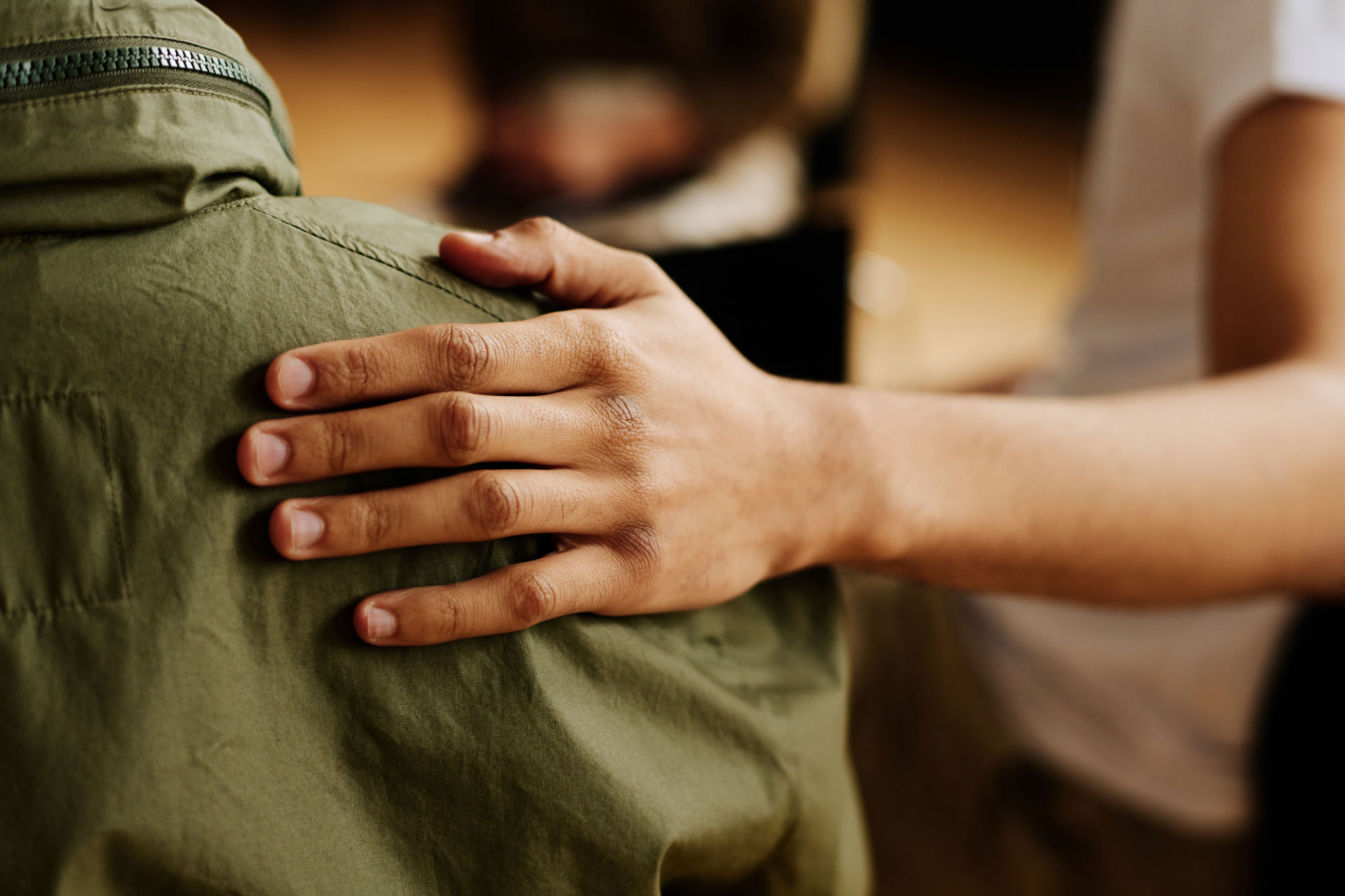Healing After Abuse: A Comprehensive Guide for Survivors
Understanding the Impact of Abuse
Abuse, whether physical, emotional, or psychological, leaves deep scars that can affect every aspect of a survivor's life. The journey to healing is often long and complex, but it is possible with the right support and resources. Understanding the impact of abuse is the first step towards recovery. It is crucial to acknowledge that the effects of abuse are real and valid, and that seeking help is a sign of strength, not weakness.

Seeking Professional Help
One of the most important steps in healing after abuse is seeking professional help. Therapists and counselors who specialize in trauma can provide the necessary tools and support to navigate the healing process. They can help survivors understand their experiences, process their emotions, and develop coping strategies to deal with triggers and flashbacks.
It is essential to find a therapist who is a good fit, as a strong therapeutic relationship can significantly enhance the healing process. Survivors should feel comfortable and safe with their therapist, and it is perfectly acceptable to try a few different professionals before finding the right match.
Building a Support Network
In addition to professional help, building a strong support network is crucial for survivors of abuse. Friends, family members, and support groups can provide emotional support, understanding, and a sense of community. It is important to surround oneself with people who are empathetic and non-judgmental.
Support groups, both in-person and online, can be particularly beneficial as they allow survivors to connect with others who have had similar experiences. Sharing stories and coping strategies can foster a sense of solidarity and reduce feelings of isolation.

Self-Care and Healing Practices
Self-care is a vital component of the healing process. Survivors should prioritize activities that promote physical, emotional, and mental well-being. This can include exercise, healthy eating, adequate sleep, and relaxation techniques such as meditation and deep breathing exercises.
Engaging in creative activities, such as art, music, or writing, can also be therapeutic. These activities provide an outlet for expressing emotions and can be a powerful tool for processing trauma. It is important to find activities that bring joy and a sense of accomplishment.
Setting Boundaries
Learning to set and maintain healthy boundaries is essential for survivors of abuse. Boundaries help protect one's emotional and physical well-being and are a critical part of self-care. Survivors should feel empowered to say no to situations or people that make them uncomfortable or trigger negative emotions.
Setting boundaries can be challenging, especially for those who have experienced control or manipulation. However, with practice and support, it becomes easier to assert one's needs and protect one's space.

Reclaiming Your Life
Healing after abuse is a journey towards reclaiming one's life and identity. It involves rediscovering one's strengths, interests, and passions. Survivors should take the time to explore new hobbies, set personal goals, and celebrate their achievements, no matter how small.
It is important to remember that healing is not linear, and setbacks are a natural part of the process. Survivors should be gentle with themselves and recognize that progress takes time. Every step forward, no matter how small, is a victory.

Conclusion
Healing after abuse is a deeply personal journey that requires time, patience, and support. By seeking professional help, building a support network, practicing self-care, setting boundaries, and reclaiming one's life, survivors can move towards a future filled with hope and resilience. Remember, you are not alone, and it is never too late to begin the journey to healing.